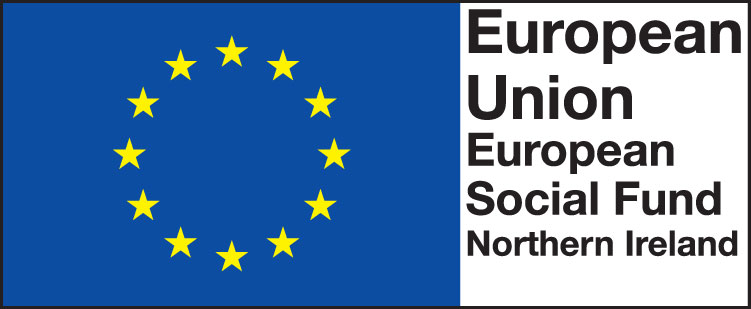Dear Project Promoter,

Further clarification in regard to ESF Information Memo 20/20 – COVID-19 verification and previous version of Memo 06/21 - COVID-19 absences.
ESF memos are a means of communicating with all projects simultaneously. As such, they are a useful vehicle to get information out in a consistent and timely manner, particularly when information is of general interest.
Memo 06/21 was issued on 10 February 2021. It contained important information on evidentiary requirements that remains unchanged and is repeated below.
However, the original memo needs clarification in respect of the support that we can provide for COVID-19 absences. These cannot be covered at 100 per cent in all cases as may have been interpreted. Other memos on COVID-19 absences and in particular ESF Information Memo 10/20 (as referenced in the original memo) and ESF Information Memo 32/20 contain some additional relevant information.
As you will be aware, public funding must only be provided where it is needed, justified and appropriately evidenced. The amount of funding must be the absolute minimum required.
Accordingly, it should have been made clear that the absence costs would only be fully supported in the following instances:
- where they were needed – where other support for the costs are not available. For example, as statutory sick pay is available from Day 1 for COVID-19, these costs will have to be deducted for any amount payable under ESF
- where they are justified – other ESF memos make clear that COVID-19 absences should be minimised. Other options, including furlough remained available to projects. Flexibilities around ESF funding were designed to facilitate projects making the transition to alternative working arrangements and in recognition that staff may have to be used for other economic and social purposes. That means there should be a clear rationale for retaining the employee on the ESF project. Projects should also be able to provide, for example, a robust rationale to explain why someone who is shielding is unable to work from home. Lack of IT equipment should only have been a short-term rationale
- appropriately evidenced – all of these decisions and explanations should be documented to the satisfaction of the department
- the minimum amount necessary – funding can only be provided where there is no alternative source. As such, in terms of match funding for COVID-19 absences, we will need confirmation that the match funding organisations are unwilling or unable to pay their agreed proportion. Only then will we be able to make up the shortfall, up to 100 per cent of the costs.
Example
Project funding is 65 per cent ESF (DfE and EU), 10 per cent Organisation A, 25 per cent Organisation B. Organisation B confirms it is unable to provide its match for these absence costs. Evidence of this is provided to DfE. We will pay 90 per cent and Organisation A provides the balance of 10 per cent.
Further work will need to be done to ensure that we meet all the audit requirements. Payments under ESF or national funding provided in response to COVID-19 are under heavy scrutiny. I would therefore ask that you give your full cooperation to the team as they try to ensure that all funding is legal and eligible. As ever, we will work with you as far as is possible.
Also, as was highlighted in the original memo, I would remind everyone to ensure they have, as advised, provided us with details of all staff deployed on COVID-19 related work which was socially or economically focussed during the period from March 2020 to October 20 and for any periods claimed from November onwards. In all cases, the activity and time claimed is still required to be supported by appropriately robust records. Where activity is COVID-19 related this should be clearly distinguished from the core ESF activity through the use of timesheets. This type of evidence will also be required where a full time member of staff has been fully/partially redeployed on COVID-19 activity.
If you have any queries on this, please send an email to esfcall2@economy-ni.gov.uk
Regards,
Maeve Hamilton
Head of EFM division
